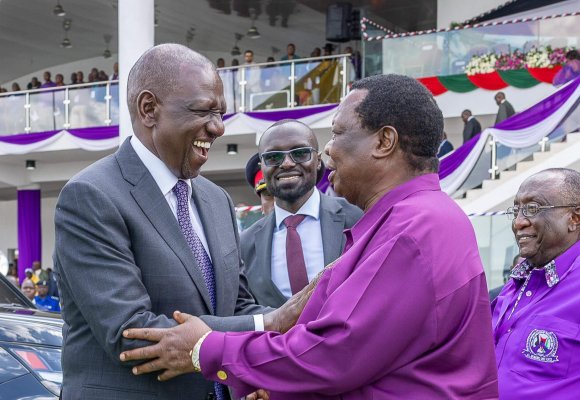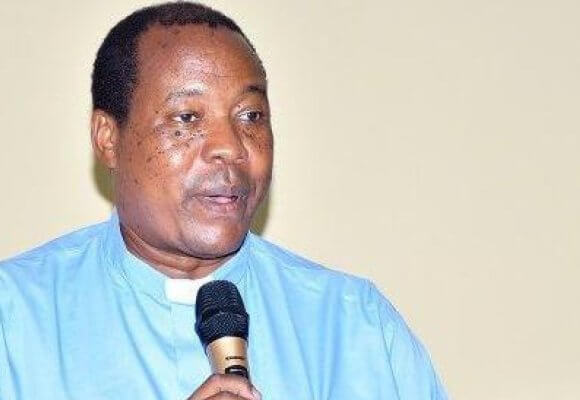|
LISTEN TO THIS THE AFRICANA VOICE ARTICLE NOW
Getting your Trinity Audio player ready...
|
Kenya’s ambitious livestock vaccination campaign, designed to curb the spread of animal diseases and open up international markets, has sparked debate among farmers and political leaders.
Despite fears and misinformation circulating among some herders, President William Ruto reaffirmed the government’s commitment to the program during a public address on Tuesday, December 17, 2024.
Speaking at a goat auction in Baringo County, Ruto criticized opponents of the vaccination drive, calling their objections unfounded and harmful to the country’s agricultural economy. He emphasized the importance of the program in improving farmers’ earnings and ensuring Kenya’s livestock meets international standards. “We are going to carry out this vaccination because our farmers deserve improved earnings,” Ruto stated. “Leaders who have no knowledge, no understanding, and no plan should spare us their ignorance.”
The Ministry of Agriculture and Livestock Development has embarked on vaccinating 22 million cattle and 50 million sheep and goats against diseases such as anthrax, foot and mouth disease, Rift Valley fever, and African swine fever. The vaccines, which the ministry insists are safe and locally produced, aim to achieve an 85% vaccination rate to meet the eligibility criteria for exporting livestock products. So far, only 10% of Kenya’s livestock have been vaccinated.
However, not everyone is on board. Critics, including some livestock farmers, have expressed skepticism about the effectiveness of the vaccines. Others have voiced baseless concerns about the program being a ploy to sabotage their herds.
The Ministry of Agriculture dismissed such claims as disinformation, pointing out the economic opportunities that vaccination presents. “Vaccination is about disease control,” Ruto reiterated. “You cannot use fake news to deny Kenyans access to international markets by discouraging this critical exercise.”
Experts and organizations such as the World Health Organization (WHO) back the vaccination drive, noting that it plays a crucial role in preventing and controlling the spread of livestock diseases. With livestock farming being a significant contributor to Kenya’s economy, disease outbreaks have historically led to devastating losses for farmers.
Despite the government’s assurances, some observers blame the low uptake of vaccines on poor communication strategies. Critics argue that allowing politicians to take the lead in promoting the program, rather than veterinarians and agricultural experts, has fueled mistrust and misinformation among farmers.











LEAVE A COMMENT
You must be logged in to post a comment.